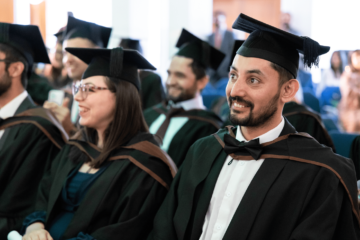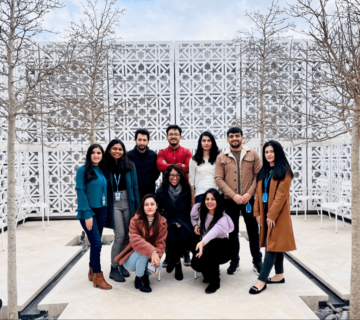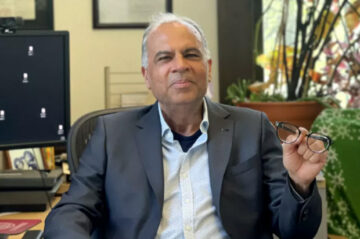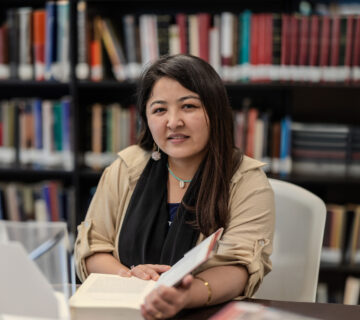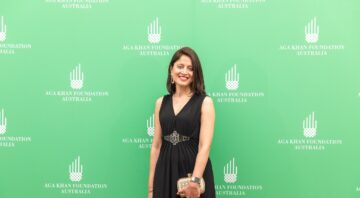The Class of 2008 spent four weeks in Damascus this summer completing an Arabic immersion program, an integral part of the Institute’s Graduate Program in Islamic Studies and Humanities. The course provided an important opportunity to put to practical use the Arabic language skills gained by students in their first year.
The program was conducted at the French Institute (Institut Français du Proche-Orient – IFPO) in Damascus, and was developed in collaboration with the GPISH Arabic Coordinator, Ms Lucy Collard. A range of different modules were offered to students, all delivered in Arabic, including: Arabic Grammar and Conversation, Muslim Civilisations, Ismaili History, Arabic Literature and Mystical Poetry.
The immersion programme presented a unique opportunity for IIS students to meet and interact with other Ismaili students in Syria. Mr Aleem Walji and Mr Karim Valimohamed from the AKDNThe Aga Khan Development Network (AKDN) is a contemporary endeavour of the Ismaili Imamat to realise the ethics and social conscience of Islam through institutional action. More offices in Damascus made arrangements for the GPISH and Syrian Preparatory Program students to meet, and provided information on the AKDN projects currently in progress in Syria. The graduate students commented that “the hospitality and warmth of the people in Syria were amongst the most touching aspects of their trip.”
IIS students also went on field trips to Salamieh, Aleppo, Masyaf and Palmyra, enabling them to experience and appreciate the culture, architecture and history of Syria and to visit sites which were from a spectrum of historical periods remaining from Muslim, Christian and Roman periods. These included monuments of particular significance to Ismaili heritage, including the fort and tomb of Rashid al-Din Sinan, an Ismaili da‘i of the13th century AD, and the tombs of Imam Radi al-Din Abdullah and Prince Aly Khan in Salamieh, and the tomb of Imam Wafi Ahmad in Masyaf.
Students also visited architectural sites in Cairo. This city holds a special place in Ismaili history, founded by the FatimidsMajor Muslim dynasty of Ismaili caliphs in North Africa (from 909) and later in Egypt (973–1171) More and serving as their capital for over century. The trip was organised and conducted by Dr Fahmida Suleman, an IIS scholar, and George Anderson, the administrator of the Graduate Studies.

